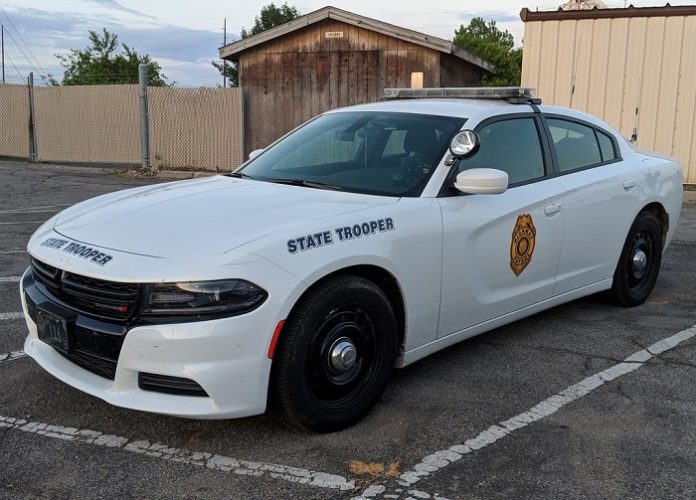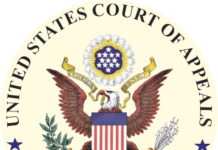A federal judge has ordered the Kansas Highway Patrol to pay $2.3 million in legal fees to the plaintiffs who successfully challenged as unconstitutional a technique used by troopers to detect drugs on motorists.
U.S. District Judge Kathryn Vratil awarded about $1.9 million in attorneys fees and about $363,000 in other legal costs stemming from the legal challenge to the so-called “Kansas two-step” case.
The award is less than the $3.5 million originally sought, although that amount was modified downward to about $3 million after a review of the legal bills in the case.
The attorney general argued for reducing the $3 million figure by half, saying that the plaintiffs sought to recover fees for 13 attorneys and four paralegals.
“No more than two attorneys and one a paralegal were needed to prosecute these cases, as demonstrated by the fact that there was only one defense counsel throughout this litigation,” the attorney general argued.
“The billing records submitted are replete with entries showing multiple attorneys billing on the same day. Plaintiffs fee request is excessive, and should be reduced by at least 50%.”
Last July, U.S. District Judge Kathryn Vratil ruled that the two-step practice violated drivers’ rights to be free from unconstitutional searches under the Fourth Amendment of the Constitution.
Civil rights advocates said troopers would use the two-step tactic to break off an initial traffic stop and attempt to reengage the driver in what would then be considered a consensual encounter and give them more time to search for drugs.
After issuing a ticket or warning and telling the driver to have a safe trip, the trooper would turn their body, take two steps toward the patrol car but return to the driver’s window to ask the driver to answer a few more questions.
The judge criticized the Highway Patrol for waging a “war” on motorists traveling on Interstate 70 through Kansas between Colorado and Missouri, two states where marijuana is now legal.
Last November, Vratil issued an injunction bringing the Kansas Highway Patrol under court oversight for at least two years and setting out requirements for documenting investigative traffic stops and detaining drivers and requires yearly training for troopers.
The injunction bars the Highway Patrol from using the two-step technique to extend traffic stops of motorists without reasonable suspicion or “without the motorists’ knowing, intelligent, and voluntary consent.”
The agency is barred under the injunction from giving any weight to the fact that a motorist is traveling to or from a “drug source” or “drug destination” state when developing reasonable suspicion when making a traffic stop.
However, a federal appeals court has delayed the injunction while the Kansas Highway Patrol appeals the ruling.
The injunction took effect when it was signed on Nov. 20, but many of its requirements weren’t set to start for 60 days after the effective date
Without a delay of the injunction, the Highway Patrol argued that it would suffer irreparable harm while the case proceeds on appeal.
The Highway Patrol said in its brief that the injunction imposed by Vratil not only interfered with its ability to investigate crime but also imposed costly administrative burdens that it can’t recover.
The appeals court considered several factors in deciding whether to keep the injunction from being imposed, including whether the Highway Patrol would be irreparably harmed and whether the agency was likely to succeed on the merits.
Lawyers for the American Civil Liberties Union said that the agency offered “only
conjecture and generalities” when arguing the injunction would hurt law enforcement.
The idea that the injunction interferes with KHP’s ability to enforce the law “not only speaks volumes on the KHP’s recalcitrance, it demonstrates a desire to continue violating this circuit’s law,” the plaintiffs argued in their brief.
“As KHP personnel acknowledged at trial, troopers must conduct themselves in accordance with the Constitution,” the ACLU lawyers argued in their brief.
“If appellant’s position is that KHP troopers are incapable of investigating crimes without violating the Constitution, then the agency’s problems go even deeper than this suit has revealed,” they said.
The ACLU said the agency’s claims about incurring expenses to comply with the injunction were unsubstantiated.
The agency asserts that it will have to hire more staff to develop and implement the protocols and systems necessary to comply with the injunction, but doesn’t describe why current staff are insufficient to carry out the court order, the ACLU argued.
















